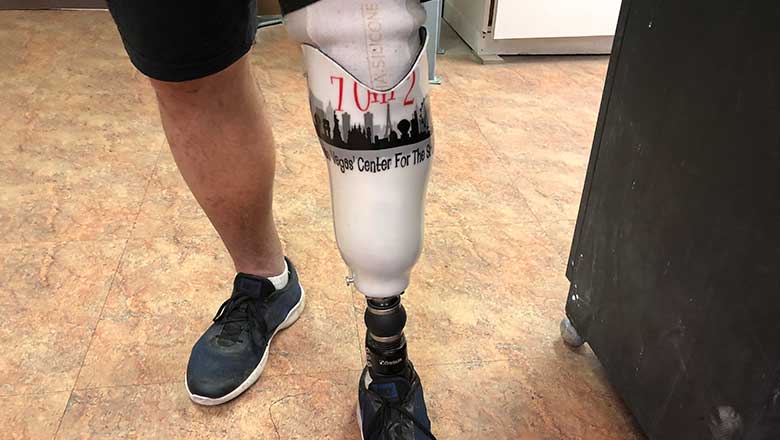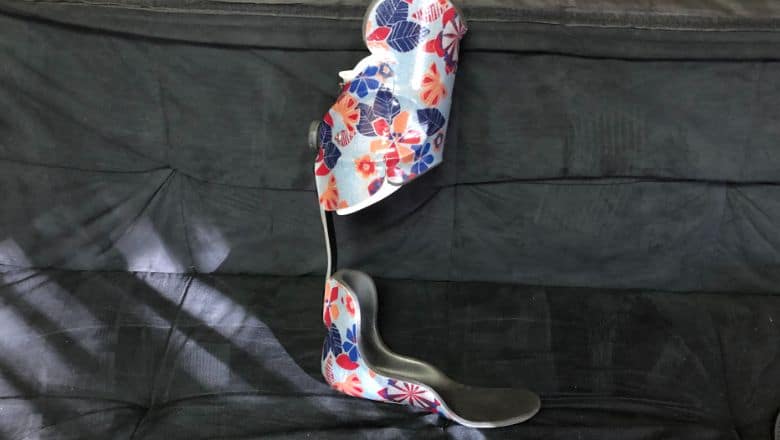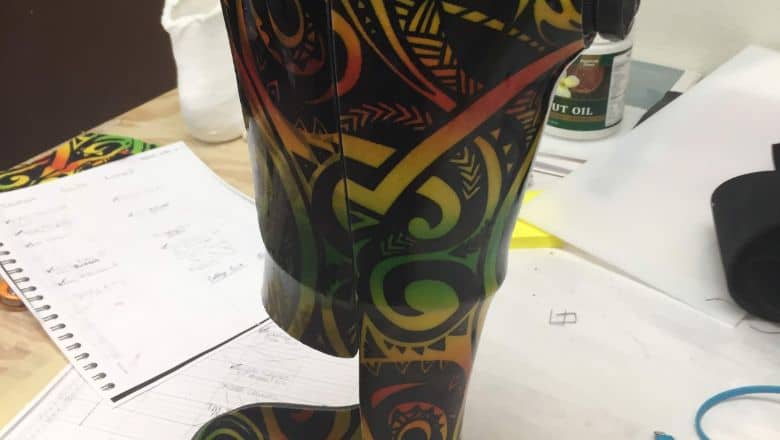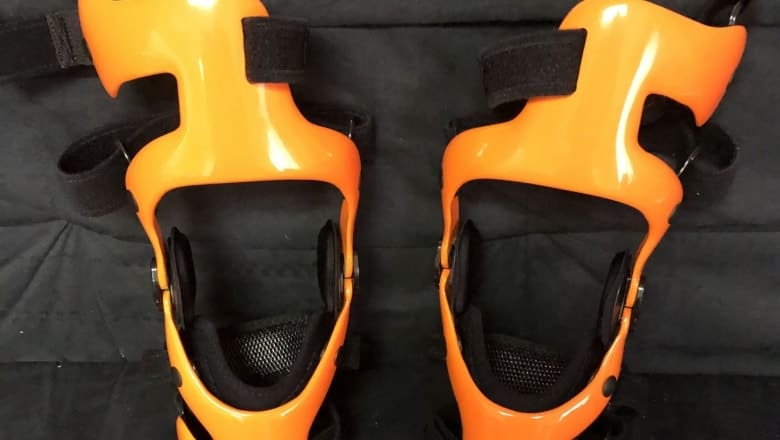Many amputees experience a sensation of pain in their amputated limb. Medical practitioners used to believe that these feelings were exclusively psychological, but they have discovered this discomfort actually has its source in the spinal cord and the brain.
Characteristics Of Phantom Limb Pain
This condition will usually begin about a week after the amputation surgery, but it occasionally develops later. Patients often experience it in a hand or foot, the furthest part of the limb from the body. They often define the feeling as:
- Stabbing
- Cramping
- Crushing
- Burning
- Throbbing
What Causes Amputees To Experience This?
According to the Mayo Clinic, phantom pain may be the brain’s response to the confusing messages it receives after an amputation. As the spinal cord and brain lose contact with the missing limbs, they may adjust in erratic ways. Other causes are:
- Scar Tissue
- Damaged Nerve Endings
- Ill-fitting Prosthesis
Who Is At Risk For Developing This Condition?
Not all amputees experience phantom pain. You will be more likely to develop it if you had a lot of pain before your amputation surgery or if you continue to have pain in the remaining part of your limb.
How Can You Treat Phantom Limb Pain?
Your doctor can help you find a treatment plan so that you do not have to live with this pain. This plan might include:
- Medications
- Therapy
- Lifestyle Changes
Medications
There is a wide variety of medicines that can be used to manage your pain. Some of them were developed to treat other conditions.
- Over-The-Counter Pain Meds
- Antidepressants
- Anticonvulsants
- Narcotics
- Receptor Antagonists
Therapy
Many patients report success with various forms of therapy. One such treatment is mirror therapy. Patients use a piece of equipment with mirrors that reflect their remaining limb, giving the illusion that they still have their amputated limb. Exercising the remaining limb may help them relieve the phantom sensations. Other therapies consist of:
- Repetitive Transcranial Magnetic Stimulation (rTms)
- Brain Stimulation
- Spinal Cord Stimulation
- Acupuncture
- Use of Virtual Reality Goggles
Lifestyle Changes
As you seek relief, you may find that lifestyle changes are effective. You might try a simple calming activity like reading or listening to music. Exercise can be helpful, especially if you choose an activity you really enjoy, such as swimming or gardening. Support groups are also beneficial, whether they meet online or in person.
Find Local Assistance In The Las Vegas Area
If you are an amputee who lives in Las Vegas or Henderson, Nevada, give us a call at Evolve Prosthetics & Orthotics. We are the experts in prosthetic limb solutions.




